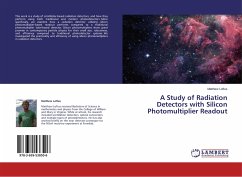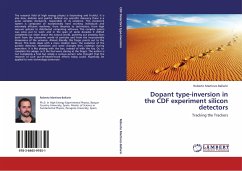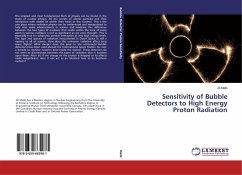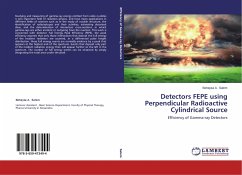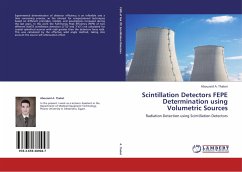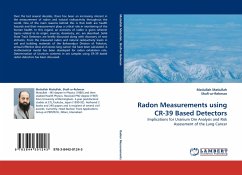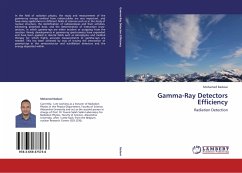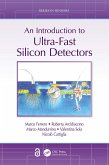This work is a study of scintillator-based radiation detectors, and how they perform using both traditional and modern photodetectors. More specifically, we examine how a radiation detector utilizing silicon photomultiplier-based readout performs compared to a traditional photomultiplier tube-based detector. Silicon photomultipliers show great promise in contemporary particle physics for their small size, robustness, and efficiency compared to traditional photodetector systems. We investigated the practicality and efficiency of using silicon photomultipliers in radiation detectors.
Bitte wählen Sie Ihr Anliegen aus.
Rechnungen
Retourenschein anfordern
Bestellstatus
Storno

